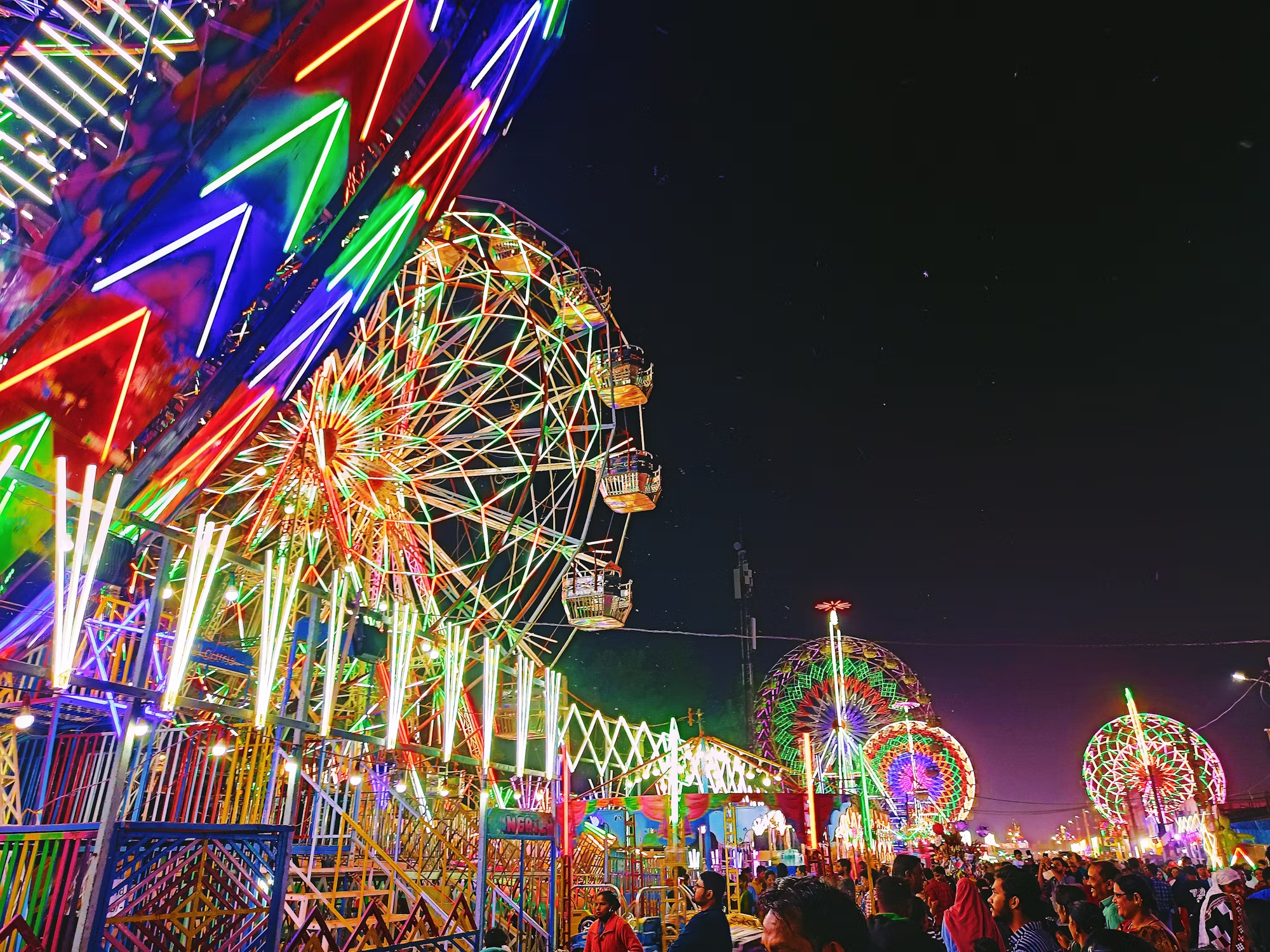Culinary Journeys: The Rise of Food and Drink Festivals
This article explores the growing popularity of food and drink festivals around the world, highlight

Food and drink festivals have emerged as vibrant celebrations of culinary artistry, bringing together chefs, food enthusiasts, and communities to savor the diverse flavors of various cuisines. These festivals provide a unique platform for showcasing regional specialties, promoting local ingredients, and fostering a deeper appreciation for the culinary arts. As they continue to grow in popularity, food and drink festivals are not only about indulging in delicious dishes but also about experiencing culture and community. One of the most iconic food festivals is the Taste of Chicago, which transforms the city’s Grant Park into a culinary haven each summer. This festival showcases a diverse array of dishes from local restaurants, allowing attendees to sample everything from deep-dish pizza to gourmet donuts. With over 70 restaurants participating, Taste of Chicago highlights the city’s rich culinary landscape and provides a space for chefs to showcase their creativity. The festival also features live music, cooking demonstrations, and family-friendly activities, making it a celebration for people of all ages. Similarly, the New Orleans Wine and Food Experience (NOWFE) celebrates the city’s unique culinary heritage. This festival not only showcases the city’s renowned cuisine but also emphasizes the importance of local ingredients and wine pairings. Attendees have the opportunity to participate in tastings, wine seminars, and exclusive dinners hosted by acclaimed chefs. NOWFE exemplifies how food festivals can enhance the appreciation of regional cuisine while promoting the local culinary scene. Beyond large-scale events, smaller, local food festivals play a crucial role in fostering community connections and supporting local businesses. Farmers’ markets, for example, often host seasonal festivals that celebrate local produce and artisanal goods. These events encourage residents to engage with local farmers and producers, promoting a sense of community and sustainability. Seasonal harvest festivals, such as apple picking in the fall or strawberry festivals in the spring, allow families to enjoy fresh produce while learning about the importance of agriculture in their region. These festivals create an inviting atmosphere where attendees can connect with one another, share recipes, and appreciate the flavors of their community. The cultural significance of food festivals extends beyond mere consumption; they often reflect the traditions and history of the regions they represent. The San Francisco Street Food Festival, for instance, showcases the city’s diverse culinary landscape, highlighting street food vendors from various cultural backgrounds. This festival not only promotes the culinary talents of local chefs but also honors the rich cultural heritage of the city’s immigrant communities. Attendees can sample dishes that represent a myriad of cultures, creating an inclusive environment where diversity is celebrated through food. Festivals centered around specific cuisines also provide an opportunity for cultural exchange. The Montreal International Jazz Festival, while primarily a music festival, often features a culinary component that celebrates the city’s rich food culture. Local restaurants and food vendors set up stalls, offering a wide range of dishes that reflect the city’s multicultural influences. This fusion of music and food creates a unique experience for attendees, allowing them to indulge in both artistic expressions simultaneously. Another noteworthy event is the World Food Festival in Bologna, Italy, which brings together chefs and food enthusiasts from around the globe to celebrate Italian cuisine. This festival highlights the significance of traditional cooking methods while encouraging innovation and creativity in the culinary arts. Workshops, tastings, and discussions on food sustainability and sourcing local ingredients provide a platform for chefs to share their knowledge and experiences. The festival serves as a reminder of the importance of preserving culinary traditions while embracing new ideas and techniques. As food and drink festivals continue to evolve, they also embrace technology to enhance the attendee experience. Virtual food festivals have emerged, allowing food lovers from around the world to participate in tastings and cooking classes from the comfort of their homes. These online events often feature renowned chefs who share their expertise and provide interactive experiences for participants. This accessibility opens doors for those who may not be able to attend in person, fostering a global community of food enthusiasts. Despite these advancements, the essence of food festivals remains rooted in the shared experience of taste and togetherness. The joy of discovering new flavors, learning about different cuisines, and connecting with others through food creates lasting memories that resonate long after the festival ends. Culinary festivals also emphasize the importance of sustainability and responsible sourcing. Many events highlight local farmers and producers, promoting the use of seasonal and organic ingredients. By encouraging attendees to make conscious choices about their food, these festivals help raise awareness about the impact of food production on the environment. Events like the Sustainable Food Festival in San Diego exemplify this commitment to sustainability, showcasing local artisans, food trucks, and chefs who prioritize eco-friendly practices. In conclusion, food and drink festivals are more than just opportunities to indulge in delicious cuisine; they are vibrant celebrations of culture, community, and creativity. These festivals bring together people from diverse backgrounds, allowing them to connect over shared culinary experiences and explore the rich tapestry of global flavors. As they continue to thrive and adapt, food and drink festivals play a vital role in promoting local economies, fostering cultural exchange, and encouraging a deeper appreciation for the culinary arts. Whether it’s savoring street food in a bustling market or enjoying fine dining in an elegant setting, food festivals invite everyone to embark on a delicious journey of taste and discovery.




